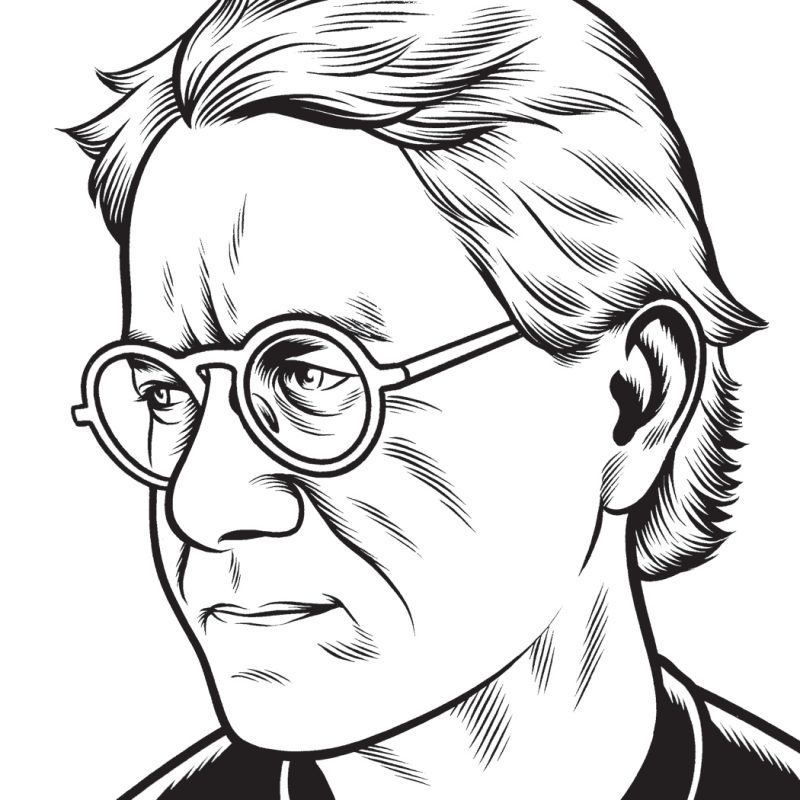(1) Fiery Furnaces, Remember (Thrill Jockey). Present-day New Yorkers by way of Oak Park, Illinois, Eleanor Friedberger, who does almost all of the singing, and brother Matthew Friedberger, the guitarist-organist-pianist who writes most of the songs and composes the train-wreck arrangements, plus whoever is playing bass and drums with them at any given time, are the most unpredictable band in the country. Or rather their songs are the most unpredictable. They start in one place and moments later they’re looking back at themselves from the other side of the street without giving you a hint of which side you’re on. This is a double live album, and their best—or, anyway, the album that takes their music further than any before it: Gallowsbird’s Bark, Blueberry Boat, Bitter Tea, the notorious Rehearsing My Choir, about the Friedbergers’ grandmother. The song structures might be jazz, in the same way that Steely Dan made rock and roll out of jazz, except that Steely Dan songs actually have structures, and Fiery Furnace songs often seem to have trapdoors and banana peels; the themes (“Single Again”) might come from the Carter Family.
The package carries an unusual warning: “Please do not attempt to listen to all at once.” No kidding: after only the first disc—twenty-four cuts, with twenty-five on the second—I was exhilarated, spinning, and would have played it again immediately if I hadn’t been completely exhausted. I have no idea how the band keeps up with itself. There’s Hendrix all over the guitar, but calliope in the organ. Sometimes the vocals drop so far back they seem to be offstage. Arrangements are too complicated to be made up on the spot, but you can hardly credit people patient enough to craft them before the fact. Eleanor Friedberger’s style is conversational but frantic, racing through domestic horror stories and Hong Kong crime films, the music pulling her like a marionette, an arm flailing here, a leg buckling there, her head whipping around in circles. She’s exasperated, she’s got to get it out, she has to tell you the story, but the phone is ringing and she has to take this call but there’s another call coming in OMG someone just cut her off and oh, right, where were we? “And then they drove me to an Albertsons outside of Boise,” she relates in the hubbub of “Oh Sweet Woods,” deliberately, to make sure you can follow this, “and took me into a back room. And they said they wanted to balance my checkbook,” a sexual reference you might not have heard before, but the innuendo is unmistakable, Hey, baby, how’d you like me to balance...
You have reached your article limit
Sign up for a digital subscription and continue reading all new issues, plus our entire archives, for just $1.50/month.
Already a subscriber? Sign in





